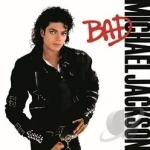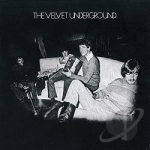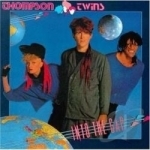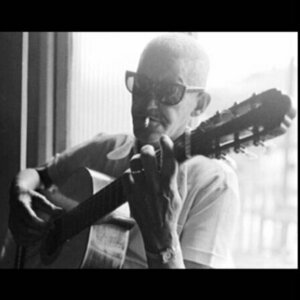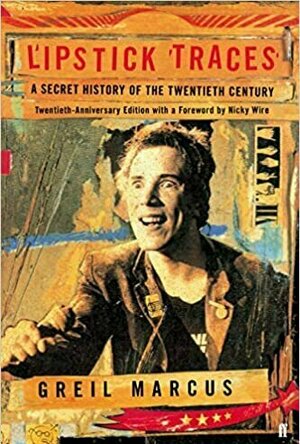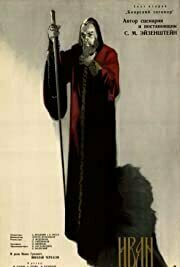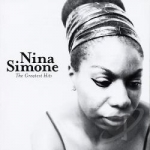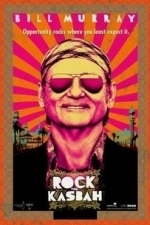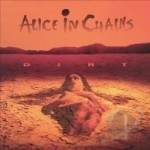Search
Search results
Natasha Khan recommended Bad by Michael Jackson in Music (curated)
Brian Eno recommended Velvet Underground by The Velvet Underground in Music (curated)
Darren Hayman recommended Into the Gap by Thompson Twins in Music (curated)
Daniel Rossen recommended track Preciso Me Encontrar by Cartola in Preciso Me Encontrar by Cartola in Music (curated)
Nicky Wire recommended Lipstick Traces: A Secret History Of The 20th Century in Books (curated)
Guy Maddin recommended Ivan the Terrible: Part 2 (1958) in Movies (curated)
BookwormMama14 (18 KP) rated Tune In: The Beatles: All These Years in Books
Jan 2, 2019
If you don't know by now, I am a huge fan of the Beatles. Both of my children have their own Beatles song (Hey Jude and Help), however my general knowledge of their history is not so great. So when I saw Tune In, I didn't hesitate at the opportunity to read it. Being born in the late 80s I can only imagine what it was like to live in the world of Beatlemania, endure the sorrow of their breakup, and all the years in between. Which is why I am so excited about this book. Something else about me, is that I value history, learning the facts and details about people and time periods. Tune In is an extremely in depth look at the men that changed music forever.
Beginning with their family histories, we learn everything there is to know about the background, the life, the creation of the Beatles. Each chapter covers a few years to a few months, and a single day in some cases, beginning in 1845-1945 with the histories of their families, going through their childhood years in the next chapter (1945-1954), and taking us through to the end of 1962.
I have only begun to scratch the surface of this book and I think it is safe to say...Mind...Blown. So much detail, so much history. I love it! With about 80 pages of Notes and another 10 for Credits Mark Lewisohn has definitely done his research to give us such an in depth account of Beatles history. If you are a fan of the Beatles, you are sure to love reading Tune In. Now to wait for volume two...
I received a free copy of Tune In (The Beatles: All These Years) Volume 1, from the publisher through Blogging for Books. I was not required to write a positive review. All opinions expressed are mine alone.
Beginning with their family histories, we learn everything there is to know about the background, the life, the creation of the Beatles. Each chapter covers a few years to a few months, and a single day in some cases, beginning in 1845-1945 with the histories of their families, going through their childhood years in the next chapter (1945-1954), and taking us through to the end of 1962.
I have only begun to scratch the surface of this book and I think it is safe to say...Mind...Blown. So much detail, so much history. I love it! With about 80 pages of Notes and another 10 for Credits Mark Lewisohn has definitely done his research to give us such an in depth account of Beatles history. If you are a fan of the Beatles, you are sure to love reading Tune In. Now to wait for volume two...
I received a free copy of Tune In (The Beatles: All These Years) Volume 1, from the publisher through Blogging for Books. I was not required to write a positive review. All opinions expressed are mine alone.
Emeli Sande recommended track I Want a Little Sugar in My Bowl by Nina Simone in Greatest Hits by Nina Simone in Music (curated)
Gareth von Kallenbach (980 KP) rated Rock the Kasbah (2016) in Movies
Aug 6, 2019
Music is a language that transcends race, gender, age, and nationality. It is timeless. It is transformative. Music has the power to shape and redefine culture. In Rock the Kasbah, Bill Murray plays Richie Lanz, a washed up Rock manager who seeks to bring one of his acts to Afghanistan as part of the USO tour. Within the first day of arrival, his plans are unraveled as his singer (Zooey Deschanel) panics and runs off with his money and passport in order to return back to America.
After meeting a myriad of characters (Bruce Willis, Kate Hudson. Danny McBride) in Kabul, he is presented with a new opportunity to introduce the world to a true talent. He discovers a young Pashtun girl with an amazing voice who dreams of being able to compete on “Afghan Star,” a musical competition show similar to “American Idol.” Cultural norms forbid her from singing and participating in the competition which demonstrate the complexity of Afghan culture, history, and politics. Understanding the threat to himself and Salima (Leem Lubany), Richie arranges for her to appear on the show, defying traditions and customs.
The film itself is a decent adaptation of the real story captured in the documentary Afghan Star which examines the life of Setara who must go into hiding because of her appearance in the competition. Rock the Kasbah has moments of genuine humor which fully utilizes Bill Murray’s true talents. Unfortunately, there are points where the plot and the storyline does not seem to fit together seamlessly. One great aspect of the film is its use of music to demonstrate the reach that it has across cultural lines. The love of music and artistic expression which had been severely restricted during the years of Taliban rule and Mujahedeen influence survived and is emblematic of how the people and the culture is much more complex and relatable than many would assume. This film goes beyond a story of a young singer trying to express herself and a manager trying to reclaim the glory of years ago. It is about the culture, history, and political framework of Afghanistan and the Afghan people.
It promotes them in a more positive light without relegating them to being a monolithic culture and people. It provides more insight into the circumstances that many of the people both in the cities and the tribal regions deal with. Audiences will be satisfied Rock the Kasbah as it is a musical and comedic showcase. They may even find themselves singing “Wild World” long after the credits roll.
After meeting a myriad of characters (Bruce Willis, Kate Hudson. Danny McBride) in Kabul, he is presented with a new opportunity to introduce the world to a true talent. He discovers a young Pashtun girl with an amazing voice who dreams of being able to compete on “Afghan Star,” a musical competition show similar to “American Idol.” Cultural norms forbid her from singing and participating in the competition which demonstrate the complexity of Afghan culture, history, and politics. Understanding the threat to himself and Salima (Leem Lubany), Richie arranges for her to appear on the show, defying traditions and customs.
The film itself is a decent adaptation of the real story captured in the documentary Afghan Star which examines the life of Setara who must go into hiding because of her appearance in the competition. Rock the Kasbah has moments of genuine humor which fully utilizes Bill Murray’s true talents. Unfortunately, there are points where the plot and the storyline does not seem to fit together seamlessly. One great aspect of the film is its use of music to demonstrate the reach that it has across cultural lines. The love of music and artistic expression which had been severely restricted during the years of Taliban rule and Mujahedeen influence survived and is emblematic of how the people and the culture is much more complex and relatable than many would assume. This film goes beyond a story of a young singer trying to express herself and a manager trying to reclaim the glory of years ago. It is about the culture, history, and political framework of Afghanistan and the Afghan people.
It promotes them in a more positive light without relegating them to being a monolithic culture and people. It provides more insight into the circumstances that many of the people both in the cities and the tribal regions deal with. Audiences will be satisfied Rock the Kasbah as it is a musical and comedic showcase. They may even find themselves singing “Wild World” long after the credits roll.
